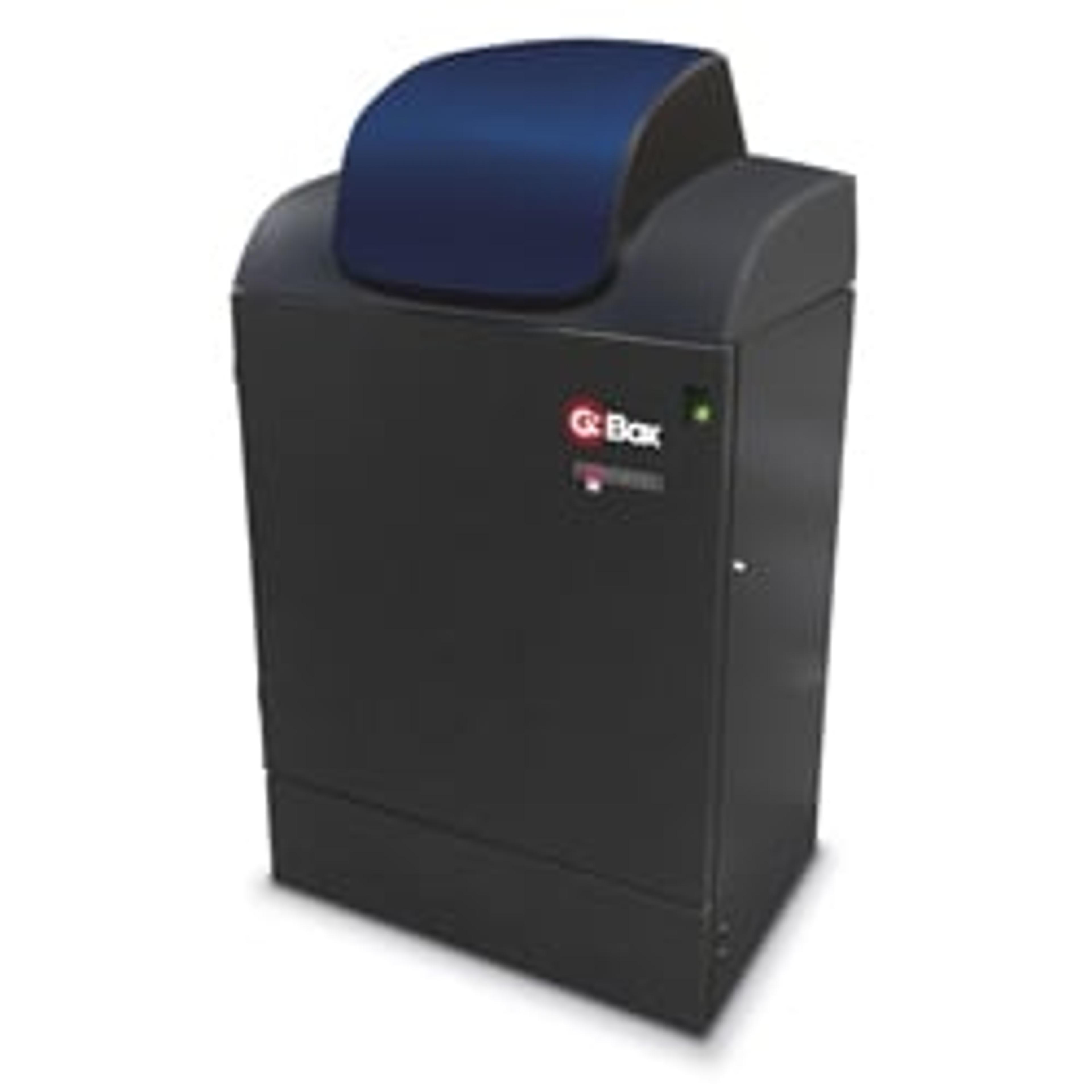Dyversity 2D Gel Image Analyser used at Major UK University To Help Accurately Detect Proteins Associated with Stem Cell Differentiation
14 Aug 2008Syngene, a world-leading manufacturer of image analysis solutions, is pleased to announce that one of the UK’s top universities, Imperial College London, is using Dyversity, Syngene’s innovative 2D gel imaging system, to assist in precise identification of proteins associated with directing embryonic stem cells (ESCs) to a particular cell lineage.
Scientists in the Institute of Biomedical Engineering at Imperial College are using Dyversity to rapidly image 2D DIGE (Differential Gel Electrophoresis) gels containing Cy dye labelled proteins. The proteins were isolated from two different conditioned media, where both media direct murine ESCs to differentiate into mesoderm lineages. Therefore, by identifying and analysing any common proteins seen on the Dyversity images, researchers at the Institute of Biomedical Engineering in collaboration with the stem cell bio-processing group in the Department of Chemical Engineering, hope to determine which signalling factors direct differentiation.
Dr Judit Nagy, Director of Proteomics Facility, Institute of Biomedical Engineering, commented: “Due to the potential for ESCs to develop into any cell line, they could become a good source of bone tissue, for example. However, before we can use ESC in this way, we have to find out which proteins direct differentiation and this is where we hope our proteomics approach using 2D DIGE gels and MALDI-TOF analysis will provide some clues.”
“We use Dyversity as part of this work because it is capable of generating high res-olution images of our 2D DIGE gels in a few minutes, which is very important when we compare different gels to locate common proteins,“ concluded Dr Nagy.
Laura Sullivan, Syngene’s Divisional Manager stated: “We are delighted to see our Dyversity system being used as part of critical stem cell research at such a prestigious university like Imperial College. Their application shows that Dyversity is a high performance system capable of imaging very complex 2D protein gels & should be seen as an invaluable tool for any proteomics research programmes.

